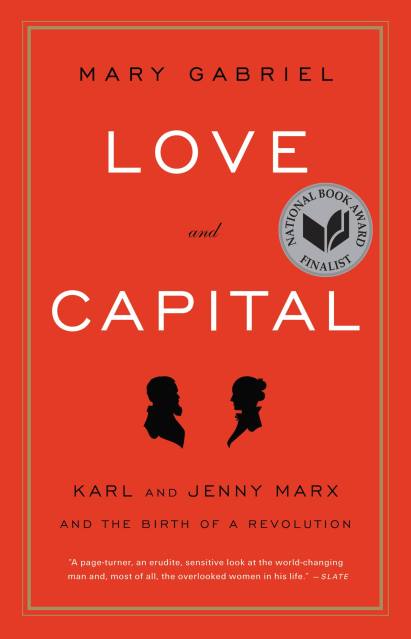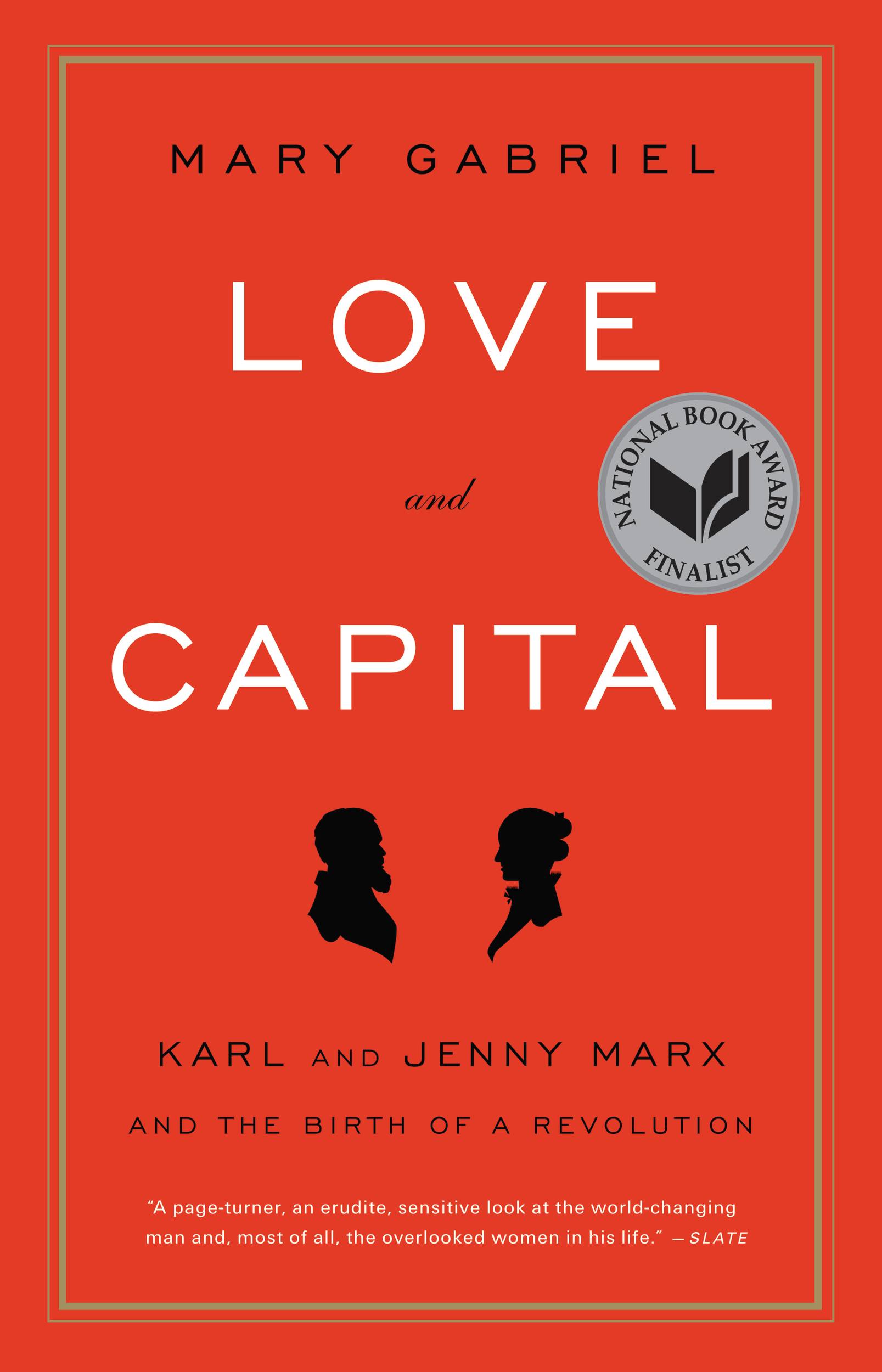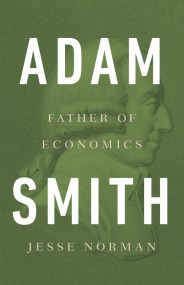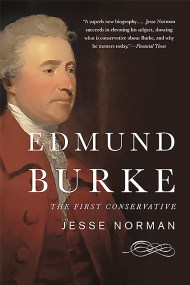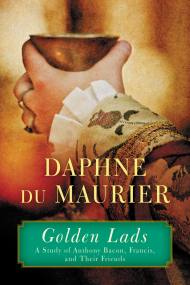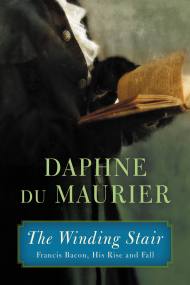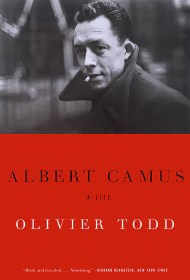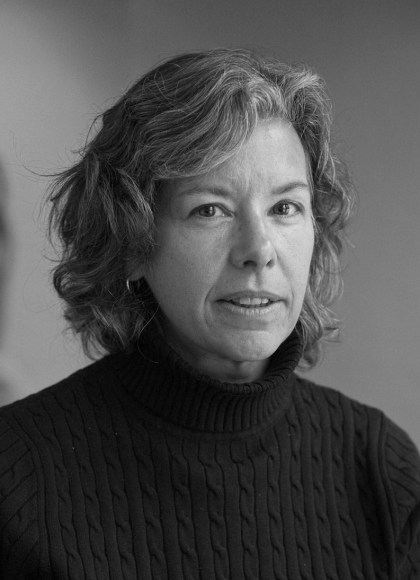Promotion
Use code MOM24 for 20% off site wide + free shipping over $45
Love and Capital
Karl and Jenny Marx and the Birth of a Revolution
Contributors
By Mary Gabriel
Formats and Prices
Price
$9.99Price
$12.99 CADFormat
Format:
- ebook $9.99 $12.99 CAD
- Trade Paperback $24.99 $30.99 CAD
This item is a preorder. Your payment method will be charged immediately, and the product is expected to ship on or around September 14, 2011. This date is subject to change due to shipping delays beyond our control.
Also available from:
Brilliantly researched and wonderfully written, Love and Capital reveals the rarely glimpsed and heartbreakingly human side of the man whose works would redefine the world after his death.
Drawing upon previously unpublished material, acclaimed biographer Mary Gabriel tells the story of Karl and Jenny Marx's marriage. Through it, we see Karl as never before: a devoted father and husband, a prankster who loved a party, a dreadful procrastinator, freeloader, and man of wild enthusiasms — one of which would almost destroy his marriage. Through years of desperate struggle, Jenny's love for Karl would be tested again and again as she waited for him to finish his masterpiece, Capital.
An epic narrative that stretches over decades to recount Karl and Jenny's story against the backdrop of Europe's Nineteenth Century, Love andCapital is a surprising and magisterial account of romance and revolution — and of one of the great love stories of all time.
Drawing upon previously unpublished material, acclaimed biographer Mary Gabriel tells the story of Karl and Jenny Marx's marriage. Through it, we see Karl as never before: a devoted father and husband, a prankster who loved a party, a dreadful procrastinator, freeloader, and man of wild enthusiasms — one of which would almost destroy his marriage. Through years of desperate struggle, Jenny's love for Karl would be tested again and again as she waited for him to finish his masterpiece, Capital.
An epic narrative that stretches over decades to recount Karl and Jenny's story against the backdrop of Europe's Nineteenth Century, Love andCapital is a surprising and magisterial account of romance and revolution — and of one of the great love stories of all time.
Genre:
- On Sale
- Sep 14, 2011
- Page Count
- 768 pages
- Publisher
- Little, Brown and Company
- ISBN-13
- 9780316191371
Newsletter Signup
By clicking ‘Sign Up,’ I acknowledge that I have read and agree to Hachette Book Group’s Privacy Policy and Terms of Use
